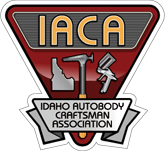Insurance policies are contracts designed to protect people in one of three ways – liability, collision, and comprehensive. All states require the vehicle owner to carry some form of liability coverage. This type of coverage pays for damages you may do to someone else or their property. It does not cover damage to your property. You may purchase optional forms of coverage, such as collision or comprehensive, to protect yourself and your property. Collision coverage will repair or replace your covered vehicle in the event it is damaged in an accident, even if the accident is your fault. Comprehensive coverage covers perils such as fire, theft, and vandalism. Both collision and comprehensive coverage typically require the owner to pay the first portion of the claim, called the deductible.
